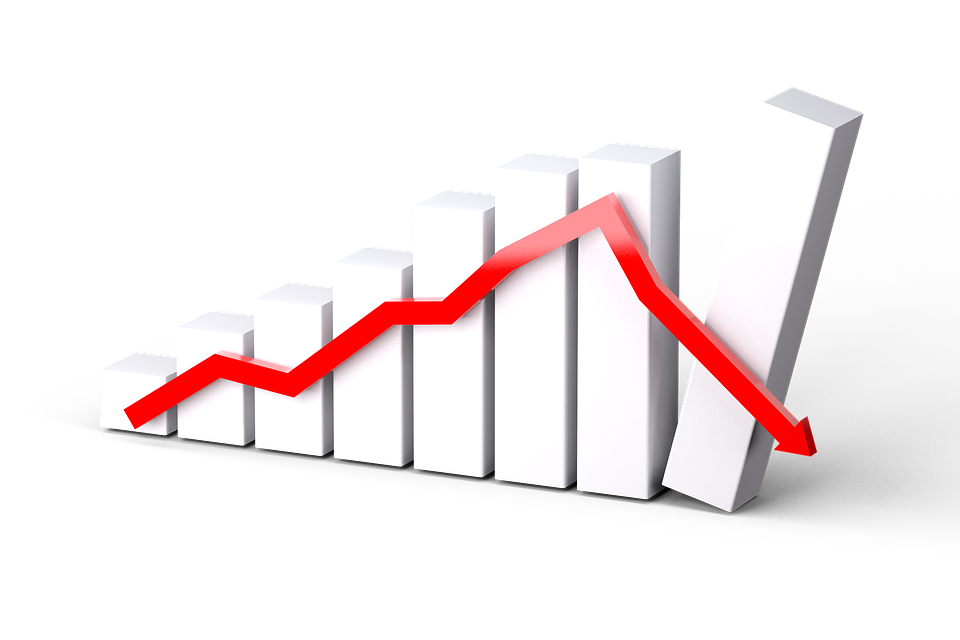|
By: A. Hemnani Stock market crashes are not a common occurrence. But when they do happen, they leave a mark. They have an impact. The government employs several strategies depending on the circumstances, and these approaches play a huge role in forming our world as we know it today.
The Great Depression was a historic stock market crash that affected many countries in the world from 1929 to 1939, although some may argue that it only ended after the Second World War. The main factors that led to the Great Depression were the stock market crash of 1929 and the collapse of world trade. As a result, food riots began in 1931 followed by the bank's collapse and by 1932 President Roosevelt was elected. In the Great Depression, the government allowed the market to crash, which resulted in the destruction of the livelihood of a whole generation. (Is that cruel considering the circumstances?) The results at the beginning were not at all positive, in the short term the GDP decreased by 29% (1929-1939) and the unemployment rose by 25% (1939) while people were also suffering at the beginning of the Second World War. After significant deflation and a great economic slowdown, the market began to self-correct, and the government sponsored a great infrastructure build called the New Deal. This was a series of programs that "helped put people back to work, saved capitalism, and restored faith in the American economic system". The hoover dam was built as a result of this project and the US became one of the most efficient logistic hubs, allowing it to be more competitive globally. It increased the case of infrastructure send while employing people in the process. Little did she know that would give birth to the USA as we know it today. Different from the great depression, the 2008/9 stock market crash is an example of what happens with government intervention. Deregulation in the financial industry is seen as a contributor to the start of the 2008 stock market crash. In this case, the world economy was very interconnected, so the government had to step in. The government began injecting money into the economy bringing stability and in the short term, avoiding a crisis. However, in the medium term, the economy had immense structural inflation. When this happened, people created a higher appetite for risk since they believed the government would 'bail them out'. This was until the 2020 Covid-19 stock market crash; known as the lowest drop point in history. We can clearly tell that the roles of central banks and governments were different in these two examples, as well as the different remedies taken by the governments then versus now. Was congress too late in stopping the Great Depression? Did the Great Depression lead to a rise of fear in the 2008 government, leading them to inject too much money too quickly? Which approach was more successful? There are many reasons to think about government intervention and the choices they make, but only time will tell which is the right one...... Sources:
0 Comments
Leave a Reply. |
Categories
All
Archives
June 2024
|

